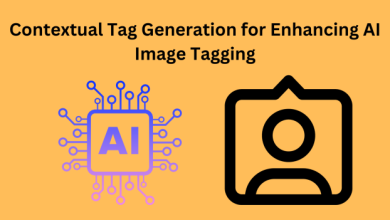WHY CHOOSE NATIVE MOBILE APP DEVELOPMENT?

On both the Appstore and Google Play, there are 4.4 million applications available, used by 14 billion smartphones globally. If you want to create a mobile app, you can opt for IT Managed Services Company. But while doing so, one of the most crucial decisions you’ll have to make is whether to go with native or cross-platform development. The term “native app development” denotes the development of mobile applications that are designed exclusively for a particular platform. Tools and languages specific to the platform are used in creating the app. Java or Kotlin can be used to develop native Android apps, while Swift or Objective-C can be used to develop iOS applications.
Due to their fast performance, native apps are regarded as providing a superior user experience. Aesthetics and UX are also synced up, well-balanced UI, free from clutter with great navigation design, making the user experience better. Furthermore, because they must create native apps for two platforms at the same time, entrepreneurs are concerned about the cost involved in native app development. To encourage developers to create applications for their platforms, Apple and Google provide a multitude of native development resources and support. Standard interface components, application frameworks, design principles, and other frameworks that make native programming easier are all part of this. Since IT outsourcing company put dedicated efforts and attention to each unique platform, the most popular apps are usually native. Twitter, Pokemon Go, and Waze are some examples of arbitrary names.
ADVANTAGES OF NATIVE APP DEVELOPMENT
- Enhanced Scalability
Because of the freedom in resource management and the variety of tools available, apps created for the native environment are also more scalable.
- Broad Applicability
You’ll have exposure to all of the APIs and tools available on the platform you’re working on. There are no logical constraints on how programmers may use the new app.
- High-performance and user-friendly
High performance is achieved by direct contact between the code and the supporting resources. Furthermore, native apps offer a superior user experience that is consistent with the platform.
- Improved Store Support
Because it provides greater performance and speed, a native app is easier to distribute and typically ranks higher in the platform’s app store.
DISADVANTAGES OF NATIVE APP DEVELOPMENT
- Time-consuming
The tasks completed for one platform cannot be repeated for another, therefore native app development takes time. To work on the other version, a different team is required.
- Expensive
When you need to launch for both iOS and Android, building native apps might be expensive. It will need the deployment of two teams, each working on a distinct platform.
Read Also: Top Tips for a Successful Professional Services Marketing Plan
Though native mobile app development has a greater upfront cost, doing it well the first time will save you a lot of effort and expense in the long run. You may provide your users a more tailored experience by providing a fantastic UX, improved performance, and exploiting device capabilities. This will pay off in the long run. The advantages of a native mobile app combined will result in improved exchange rates and, as a result, increased client loyalty.
Non-native apps, despite their technical and functional weaknesses, cannot match with the native approach’s responsiveness and user experience. If a company wants to utilise an app as a core tool for connecting with consumers, it has to provide a great user experience that encourages people to keep using the app. Even minor dissatisfaction might result in low retention and high uninstall rates. Native app development provides app creators far more control over experience, as well as the ability to build programmes that are simple to support. If you don’t care about the whole user experience and just want to bring something to market quickly, you can consider a web app.





